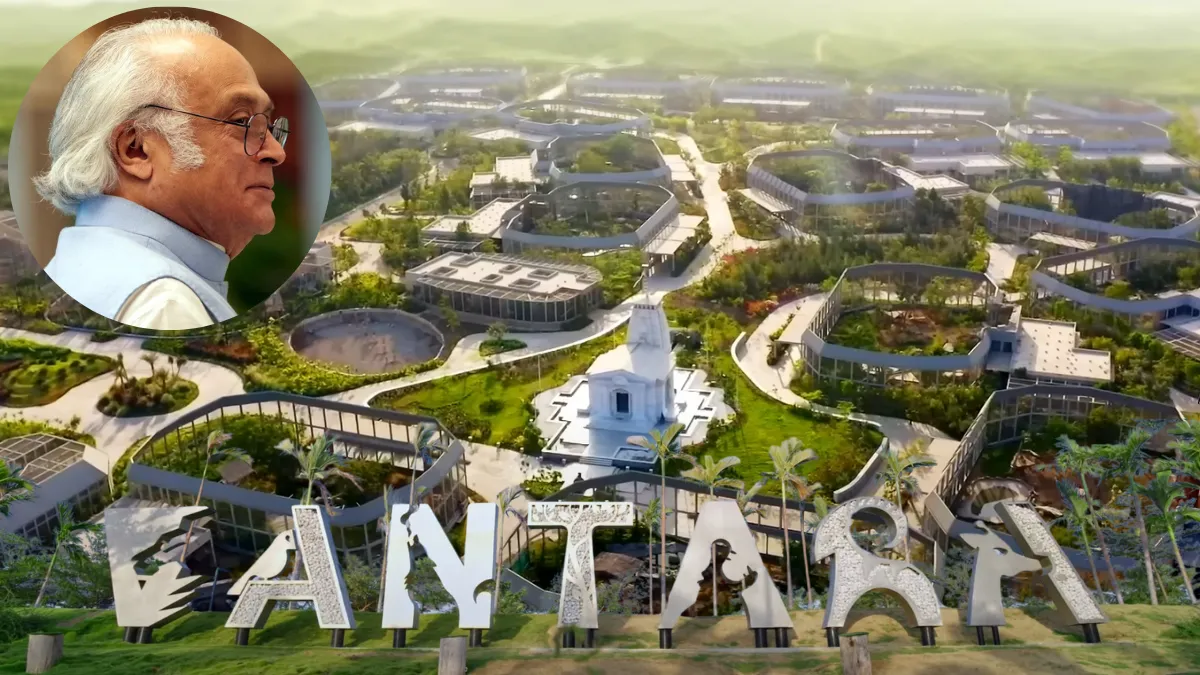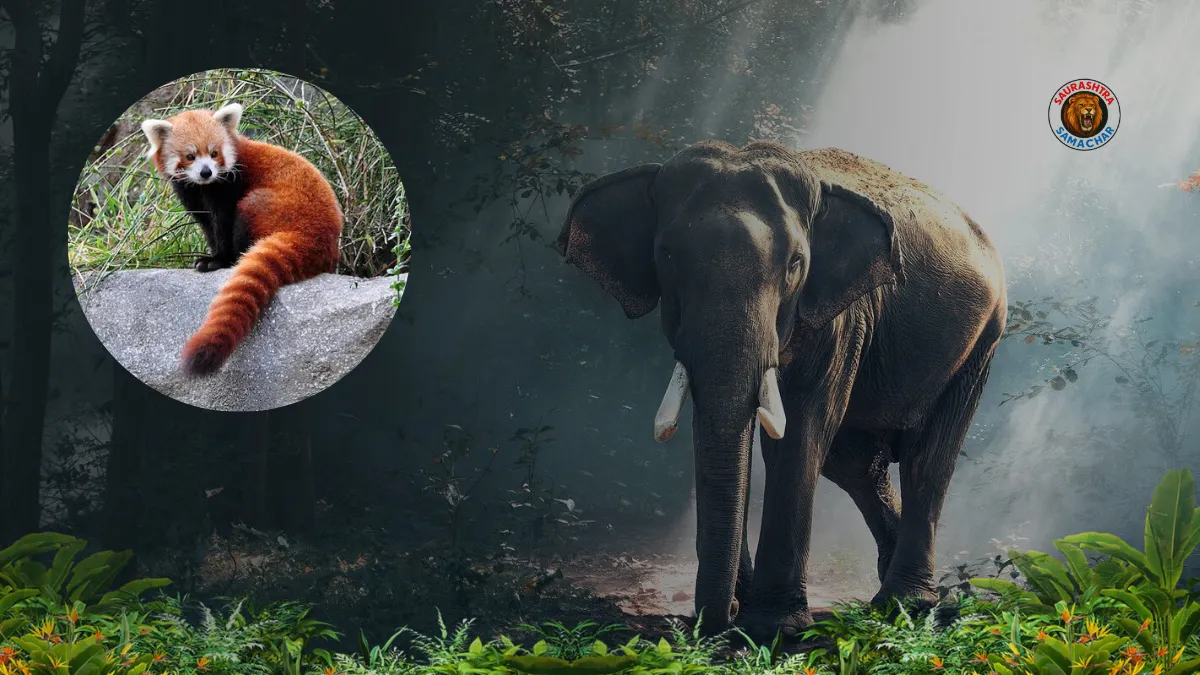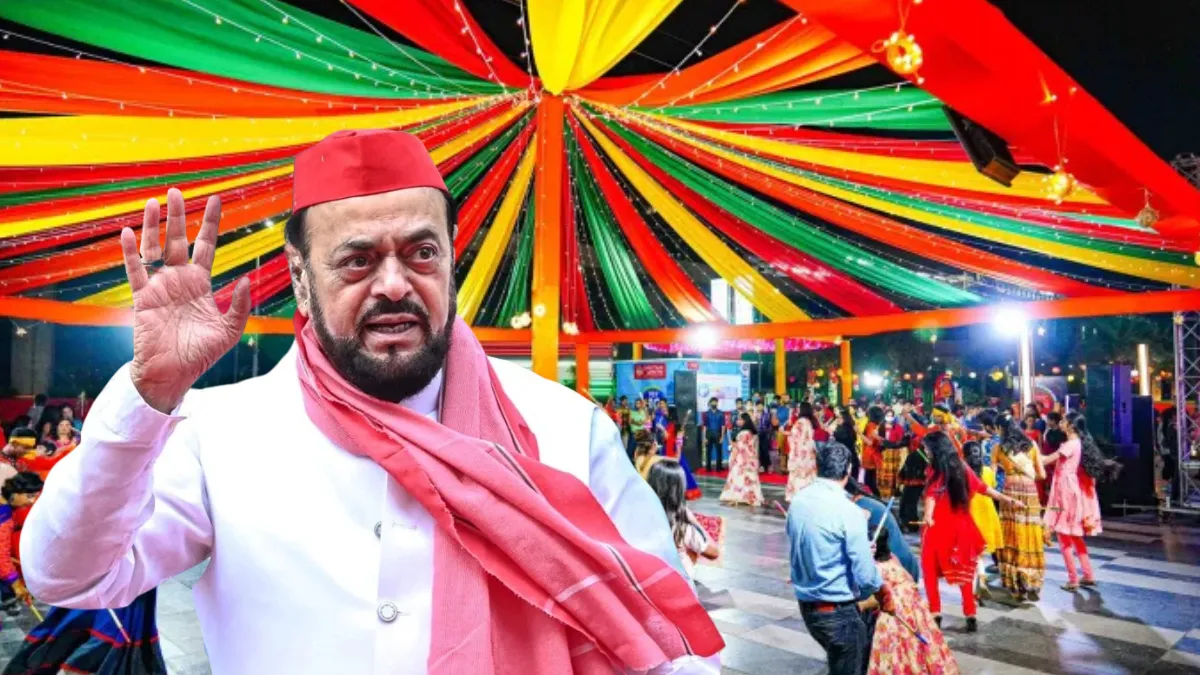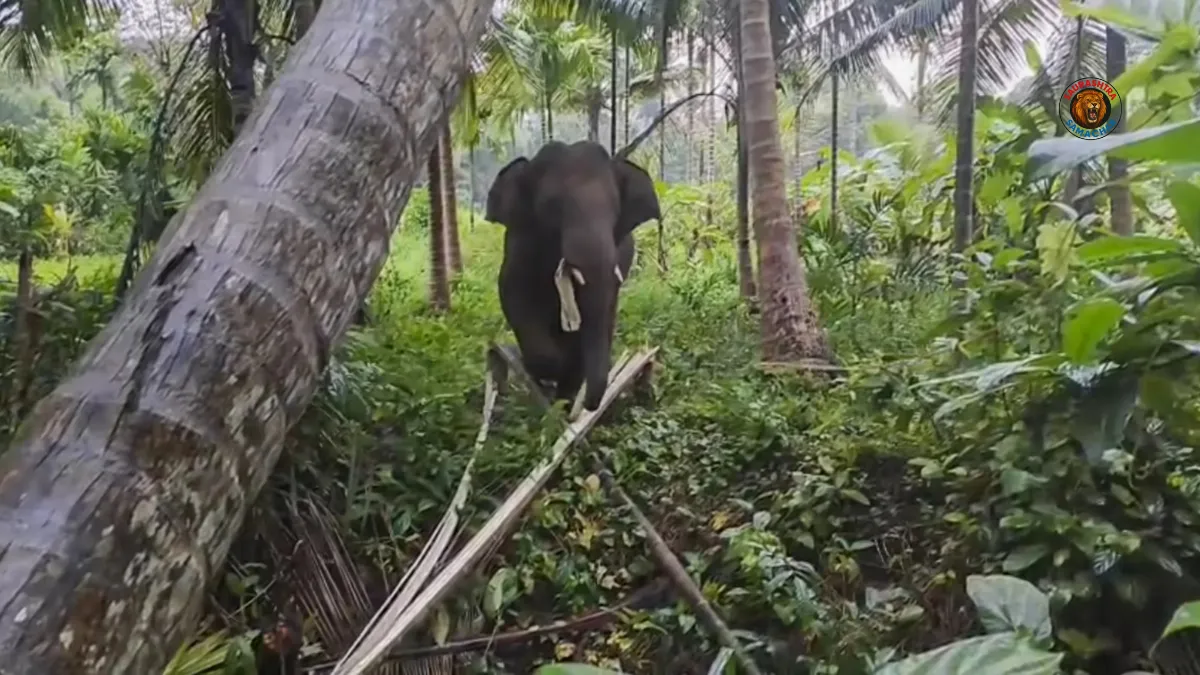The Vantara Supreme Court case has come to a dramatic end, but not without political ripples. On September 15, 2025, India’s highest court accepted the report of a Special Investigation Team (SIT) that gave a clean chit to Vantara, the zoological rescue and rehabilitation centre established by Reliance Foundation in Jamnagar, Gujarat. The case, which had originated from multiple public interest litigations (PILs) citing allegations of irregularities, was officially closed by the Supreme Court.
A day later, senior Congress leader and former Environment Minister Jairam Ramesh took a sharp dig at the judiciary. He remarked that if only all cases were settled so quickly and clearly, India’s justice system would inspire greater confidence. His statement also pointed at the controversial practice of “sealed cover” reports, which has often attracted criticism for lack of transparency.
When it chooses to, the Indian judicial system, that is defined by long delays, moves with the greatest of speed.
— Jairam Ramesh (@Jairam_Ramesh) September 16, 2025
On Aug 25, 2025, the Supreme Court ordered an inquiry by a Special Investigation Team (SIT) into the affairs of Vantara, the wildlife rescue and rehabilitation…
Jairam Ramesh Questions the Pace of Justice
Responding to the court’s decision, Jairam Ramesh wrote that while India’s judicial system is typically known for years of delays, the Vantara case had moved with unusual speed.
“If only all cases are dealt with and settled so expeditiously and categorically — of course, without this mysterious ‘sealed cover’ business,” Ramesh said on September 16, 2025.
He pointed out that the Supreme Court had only recently, on August 25, ordered a special inquiry. Within less than three weeks, the SIT presented its findings, and the case was shut down. According to him, this was in stark contrast with the long delays that ordinary litigants face in the judicial system.
Timeline of the Vantara Supreme Court Inquiry
The Vantara Supreme Court case gained attention for both the speed of proceedings and the high-profile institutions involved.
| Date | Event |
|---|---|
| August 7, 2025 | Public Interest Litigations (PILs) filed alleging irregularities at Vantara |
| August 25, 2025 | Supreme Court sets up a Special Investigation Team (SIT) headed by a former judge |
| September 12, 2025 | SIT submits its findings in a sealed cover |
| September 15, 2025 | Supreme Court accepts SIT’s report and closes the case |
| September 16, 2025 | Jairam Ramesh criticizes the process, raising transparency concerns |
The SIT had four distinguished members who were tasked with investigating complaints from NGOs, wildlife activists, and media reports. The committee coordinated with multiple regulatory agencies before reaching its conclusion.
What the Supreme Court Found
The bench of Justices Pankaj Mithal and P.B. Varale accepted the SIT’s findings and observed that there was “no contravention of law.” The court noted that Vantara had complied with regulations and maintained proper procedures in its wildlife management and rehabilitation activities.
The SIT’s detailed investigation reportedly examined compliance under a wide range of laws, including:
- Wildlife (Protection) Act, 1972
- Recognition of Zoo Rules, 2009
- Central Zoo Authority (CZA) guidelines
- Customs Act, 1962
- Foreign Trade (Regulation and Development) Act, 1992
- Foreign Exchange Management Act, 1999
- Prevention of Money Laundering Act, 2002
- Bharatiya Nyaya Sanhita, 2023
- CITES (Convention on International Trade in Endangered Species of Wild Fauna and Flora)
In every aspect, the SIT stated there was no evidence of wrongdoing or violation.
Vantara Welcomes the Verdict
Following the closure of the case, Vantara released a statement expressing relief and gratitude. The rescue and rehabilitation centre said the judgment had validated its mission of animal welfare.
“With utmost humility and gratitude, we welcome the findings of the Special Investigation Team (SIT), appointed by the Hon’ble Supreme Court of India,” Vantara stated. “The SIT’s report and the Hon’ble Supreme Court’s order have made it clear that the doubts and allegations raised against Vantara’s animal welfare mission were without any basis.”
The organisation further noted that the ruling would allow its work to speak for itself, highlighting the dedication of its staff toward protecting and rehabilitating animals.
The Larger Debate: Transparency and Sealed Covers
While the Vantara Supreme Court case has been resolved, the debate over transparency in judicial processes has resurfaced. Critics, including Jairam Ramesh, argue that the reliance on sealed cover submissions undermines accountability.
Sealed cover reports are confidential submissions made directly to judges, preventing both petitioners and the public from knowing the evidence. Over the years, the practice has been used in cases relating to national security, corporate investigations, and now, wildlife conservation. Legal experts often caution that such secrecy must be balanced with the principle of open justice.
Why Vantara Matters
Vantara is one of the largest zoological rescue and rehabilitation centres in Asia. Established by the Reliance Foundation, it has been positioned as a sanctuary for endangered and rescued animals. The project has drawn both praise and skepticism — with supporters highlighting its role in wildlife protection, and critics questioning its transparency and long-term vision.
The closure of the Vantara Supreme Court case represents a significant moment for the institution. Not only has it been legally cleared, but it has also received judicial recognition for following regulations. However, the political reactions show that the matter is far from being accepted by everyone as settled.
Political and Public Reactions
The case has sparked wider conversations. On one side, Vantara and its supporters view the clean chit as validation of their conservation efforts. On the other side, opposition leaders are using the incident to highlight concerns about judicial efficiency and transparency.
For the Congress, Jairam Ramesh’s remarks reflect a broader political strategy of questioning both the speed and secrecy of high-profile cases. The BJP, meanwhile, has largely remained silent, while Reliance Foundation has welcomed the outcome.
Civil society groups remain divided — some accept the SIT’s findings, while others feel further scrutiny is needed.
Also read: Supreme Court Vantara Case: SIT Report Confirms Compliance, Dismisses Allegations
Conclusion
The Vantara Supreme Court case highlights the complex relationship between conservation, corporate involvement, and judicial oversight. While the top court’s decision has legally cleared Vantara of all allegations, the political commentary around transparency ensures that the debate will continue.
For now, Vantara has the space to carry forward its mission of wildlife rescue and rehabilitation. Whether the controversy will fade or resurface in the future depends on both its continued operations and how India’s justice system addresses broader questions of speed and transparency.














